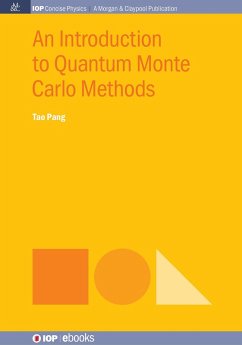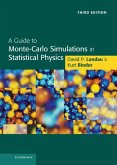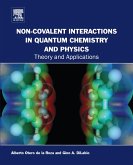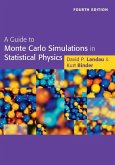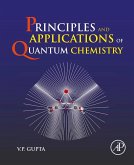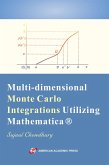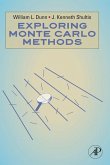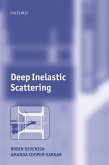Monte Carlo methods have been very prominent in computer simulation of various systems in physics, chemistry, biology, and materials science. This book focuses on the di¿usion and path-integral quantum Monte Carlo methods in many-body physics and provides a concise but complete introduction to the Metropolis algorithm and its applications in these two techniques. To explore the schemes in clarity, several quantum many-body systems are analyzed and studied in detail. The book includes exercises to help digest the materials covered. It can be used as a tutorial to learn the di¿usion and path-integral Monte Carlo or a recipe for developing new research in reader's own area. Two complete Java programs, one for the di¿usion Monte Carlo of 4He clusters on a graphite surface and the other for the path-integral Monte Carlo of cold atoms in a potential trap, are ready for download and adoption.
Hinweis: Dieser Artikel kann nur an eine deutsche Lieferadresse ausgeliefert werden.
Dieser Download kann aus rechtlichen Gründen nur mit Rechnungsadresse in A, D ausgeliefert werden.
Hinweis: Dieser Artikel kann nur an eine deutsche Lieferadresse ausgeliefert werden.

